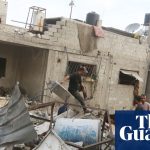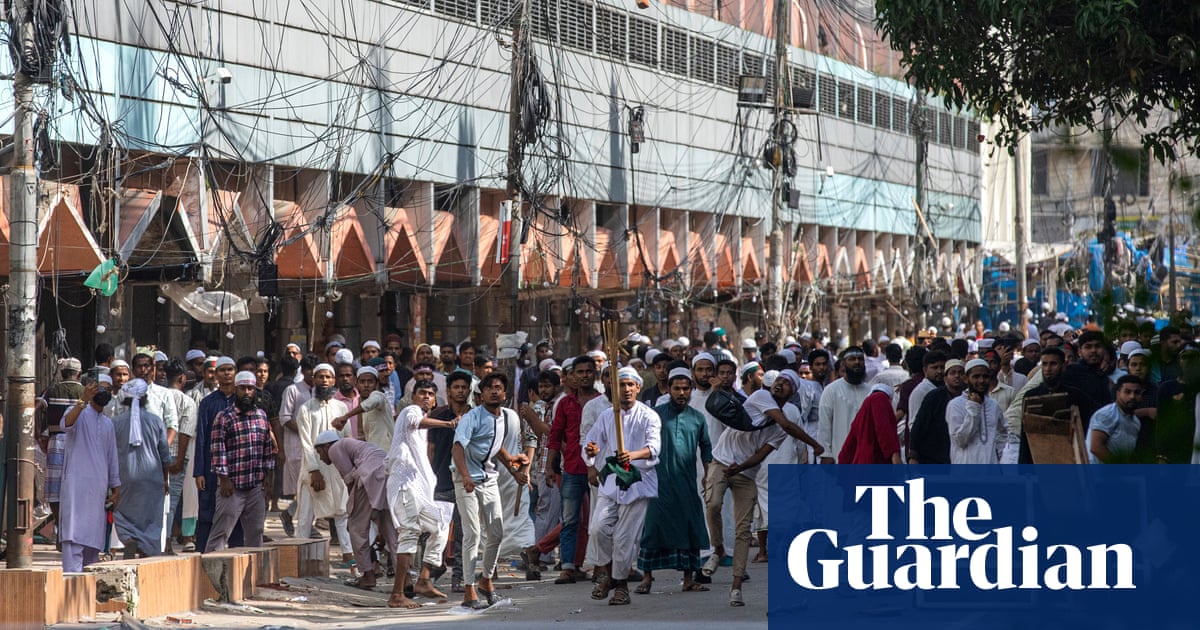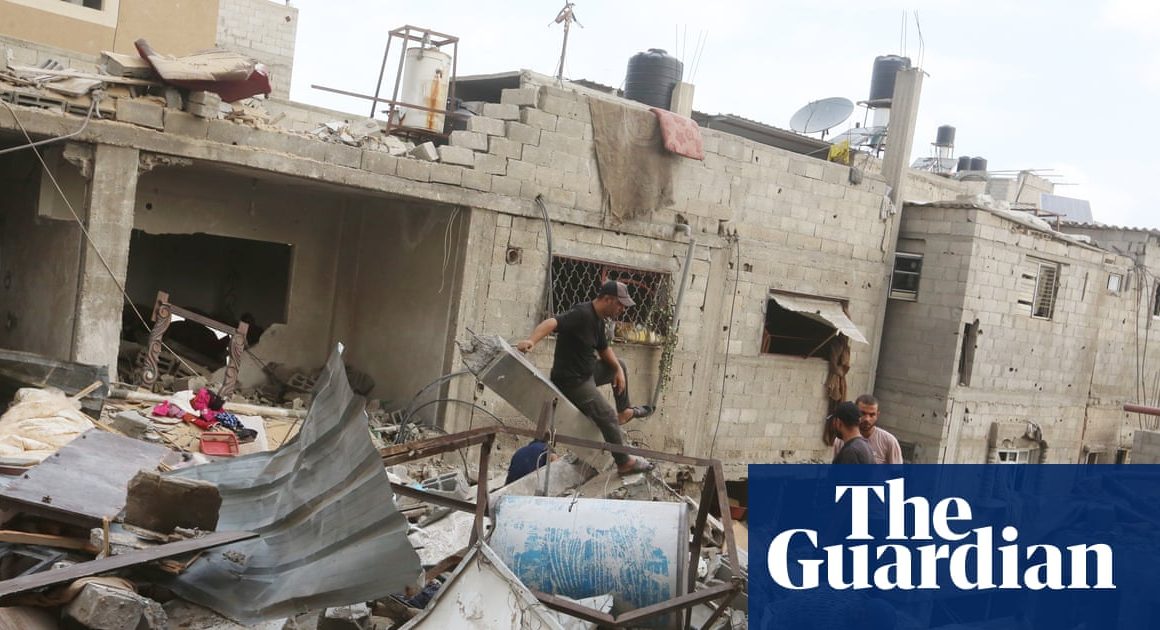Bangladesh’s top court has reduced the quotas on government jobs that led to widespread student-led protests and violent clashes that killed more than 100 people.
According to reports in local media, on Sunday afternoon the supreme court overturned a ruling that had reintroduced quotas for all civil service jobs, meaning that 30% were reserved for veterans and relatives of those who fought in the Bangladesh war of independence in 1971.
The supreme court ruling, which was brought forward in light of the protests, stipulated that only 5% of jobs would now be reserved for veterans’ descendants and another 2% for those from ethnic minorities or with disabilities, with the rest open to candidates based on merit.
The return of the quotas, which had been scrapped in 2018, sparked anger among students, who argued they were unjust at a time of economic decline and unfairly benefited those in the ruling Awami League party, which was founded by those who fought in the independence war.
Peaceful demonstrations initially broke out on university campuses across the country as students mobilised through social media to demand an end to the quotas. However, the unrest turned violent last week as pro-government groups were accused of attacking the protesters with weapons and police used rubber bullets and teargas to break up protests.
Violent clashes between pro-government forces and protesters have left thousands injured and killed about 150, though the government has refused to release official data on the death toll. Witnesses have alleged that police violence is responsible for a large number of the fatalities.
The government has also imposed a communications blackout, with the internet shut down and phone lines widely jammed. At least 70 leaders of the political opposition and several student leaders and activists have also been arrested, accused of stirring up unrest.
As the court ruling was given, the country remained under an indefinite strict curfew, with people banned from leaving their homes and gathering in any capacity. Police have been granted “shoot on sight” orders for those who violate the curfew.
Student organisers said the supreme court ruling did not mean the end of the protests, which have taken on a broader anti-government tone after the police crackdown, with many calling for the resignation of the prime minister Sheikh Hasina.
Mahfuzul Hasan, a protest coordinator from Jahangirnagar University, said they still had several demands that the government must meet before they would call off the demonstrations.
“Now we want justice for the lives lost of our brothers. The prime minister has to apologise and those who are guilty have to be tried,” he said. Hasan said student groups were also calling for the removal of vice-chancellors of universities where protesters faced violence, and politicians who spread inflammatory remarks about the protesters.
He said he was among many student protest leaders who now feared for their safety and were concerned about being “abducted” by law enforcement agencies, as has often happened to critics of Hasina’s government.
Another protest leader said they would not stop demonstrating until the supreme court ruling on quotas was passed as a bill in parliament.












